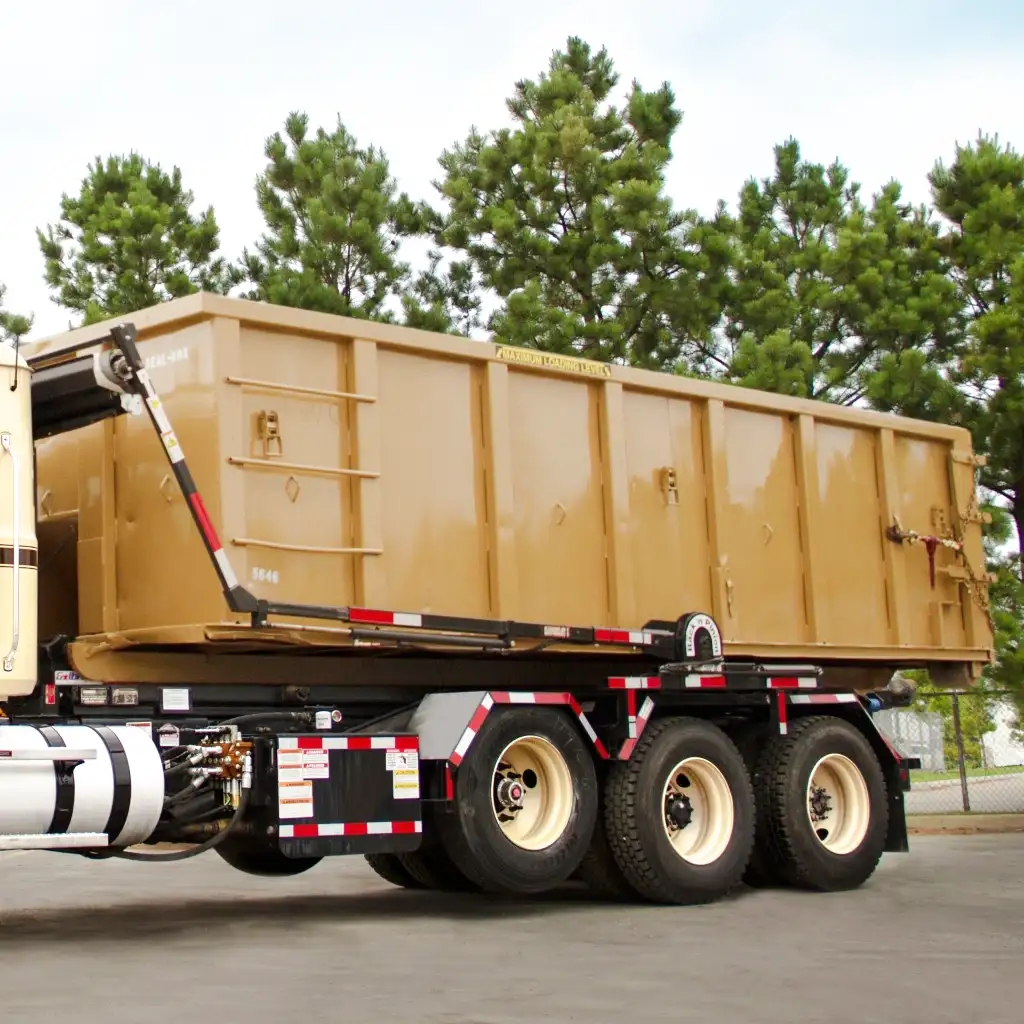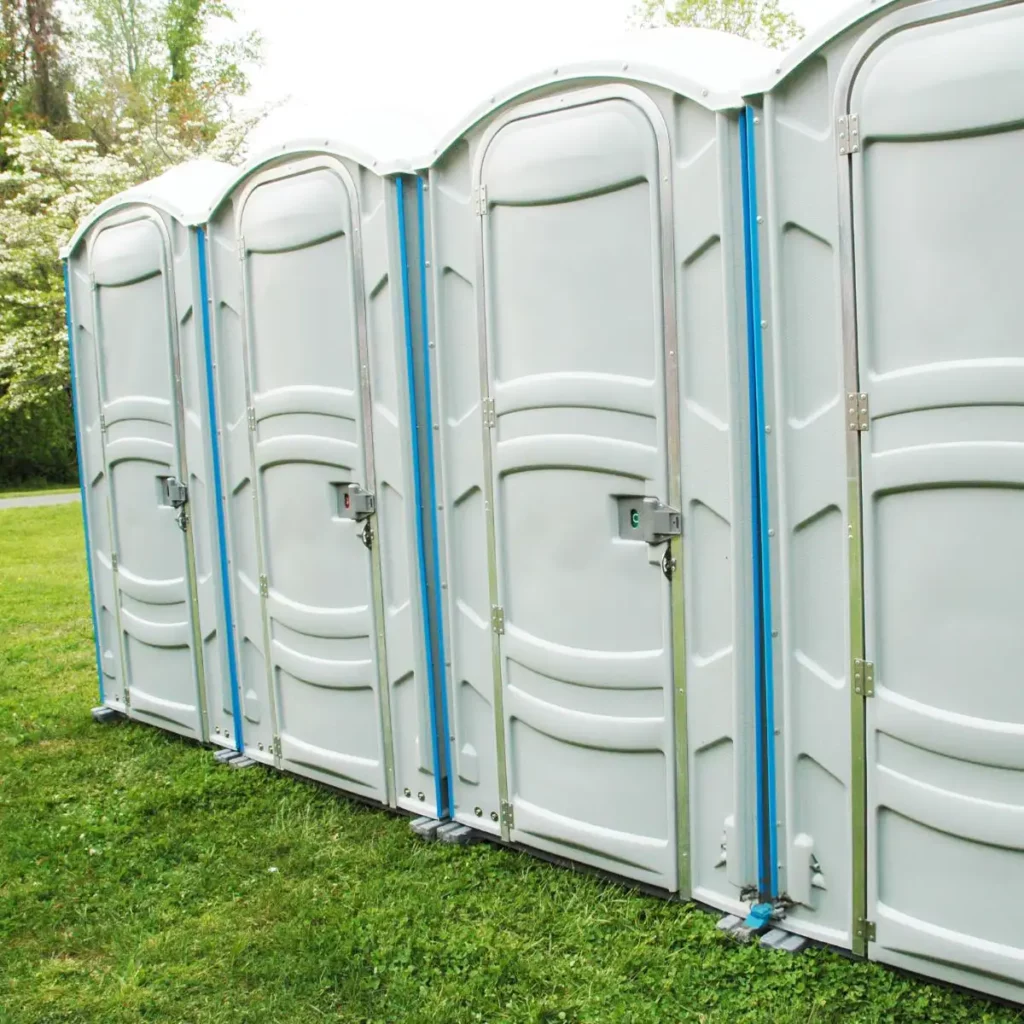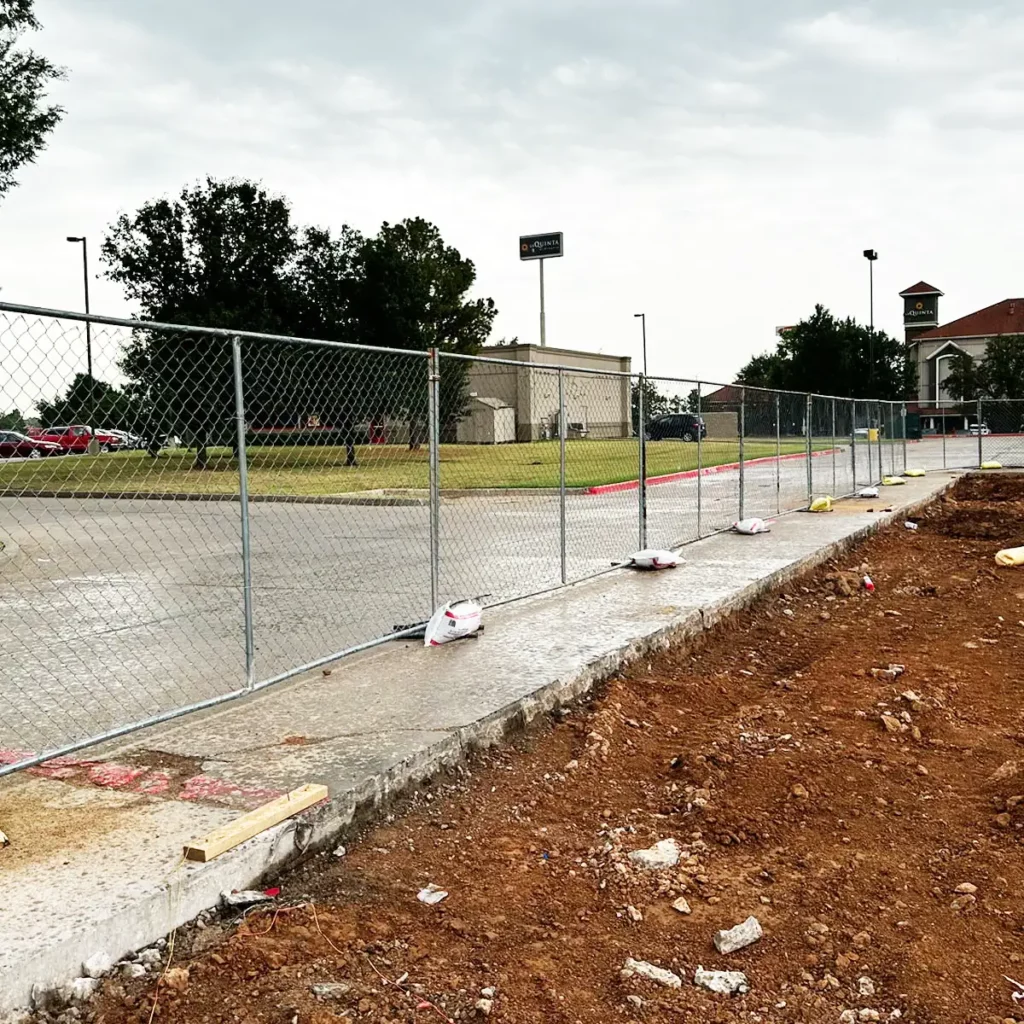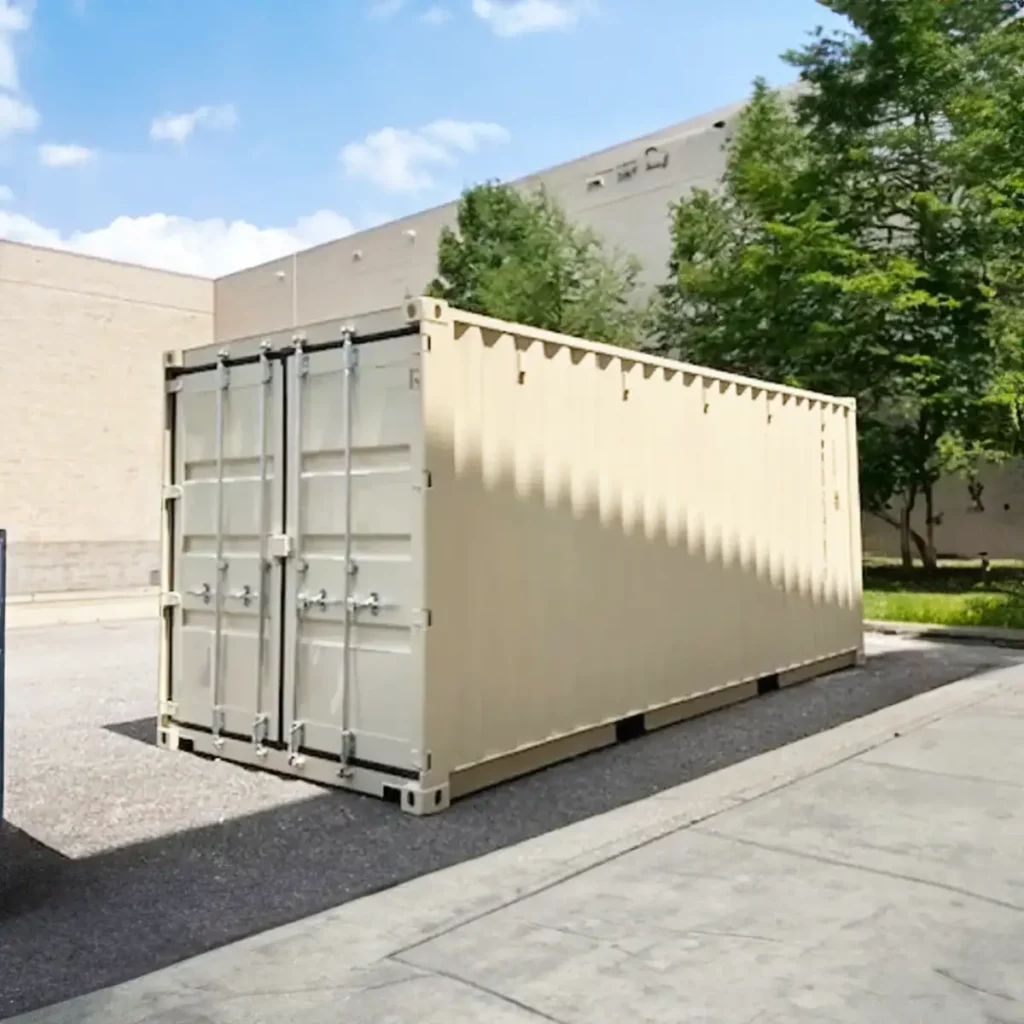Recycling contamination is a significant issue that can hinder the effectiveness of recycling efforts and even lead to recyclable materials ending up in landfills. It occurs when non-recyclable materials or improperly prepared items are mixed in with recyclable materials. This can include anything from food residue left on containers, to non-recyclable plastics, to hazardous waste.
Understanding recycling contamination and why it matters is crucial for businesses and individuals committed to sustainable practices. Here’s why:
Impact on Recycling Process: Contaminated recycling can disrupt the recycling process. For example, plastic bags can get tangled in the machinery at recycling facilities, causing breakdowns and delays. Similarly, food residue left on containers can spoil an entire batch of recyclables, rendering them unfit for recycling.
Decreased Quality of Recyclables: Contaminants can degrade the quality of recyclable materials. For instance, if non-recyclable plastic is mixed with recyclable plastics, it can lower the quality of the recycled plastic produced. This can reduce the market value of recycled materials and make them less useful for manufacturing new products.
Increased Costs: Dealing with contamination can increase the cost of recycling. This includes the cost of sorting out contaminants, repairing damage to machinery caused by inappropriate items, and disposing of non-recyclable waste. These increased costs can make recycling programs less economically viable and lead to higher costs for businesses and consumers.
Safety Risks: Certain contaminants can pose safety risks to workers at recycling facilities. For example, inhaling or touching hazardous waste can be harmful or even deadly. Similarly, sharp objects can cause injuries.
Environmental Impact: When recyclable materials are contaminated and end up in landfills, it negates the environmental benefits of recycling. This can contribute to increased greenhouse gas emissions, pollution, and the depletion of natural resources.
To prevent recycling contamination, it’s important to understand what materials are accepted for recycling in your area and how they should be prepared. This typically involves rinsing containers to remove food residue, separating different types of recyclable materials, and ensuring non-recyclable items are disposed of properly. Many recycling programs provide education and resources to help businesses and individuals recycle correctly.
At American On-Site, we’re committed to helping our customers recycle effectively and sustainably. We provide free recycling education materials, and our recycling experts are always available to answer your questions and provide guidance.
Here is a list of some of the most common recycling contaminants in the U.S.
Plastic Bags: These can cause significant issues at recycling facilities. They often get tangled in machinery, causing breakdowns and posing safety risks to workers.
Food Waste: Any residual food left in containers can contaminate other recyclables, making them unrecyclable. It’s important to rinse out containers before recycling them.
Loose Shredded Paper: While paper is recyclable, shredded paper can be a problem because it’s difficult to sort and can contaminate other materials.
The Wrong Plastics: Not all plastics are recyclable. It’s important to check the recycling symbols on plastic items to ensure they can be recycled in your area.
Hazardous Waste: Items like batteries, paint, and chemicals should never be placed in the recycling bin. These items require special disposal methods.
Bio-Hazardous Waste (and Diapers): Medical waste and diapers are not recyclable and can pose health risks to workers at recycling facilities.
Frozen Food Containers: These often have a plastic coating that makes them non-recyclable.
Non-Empty Aerosol Cans: These can explode under pressure and should be completely emptied before recycling.
Propane Tanks or Cylinders: These can cause fires or explosions at recycling facilities and should be taken to specific recycling locations.
Garden Hoses: These can get tangled in machinery at recycling facilities.
Bowling Balls: These are not recyclable and should be donated or disposed of properly.
Sewing Needles: These can pose a safety risk to workers at recycling facilities.
Recycling rules vary by location, so it’s always a good idea to check with your local recycling facility to see what items they accept.



